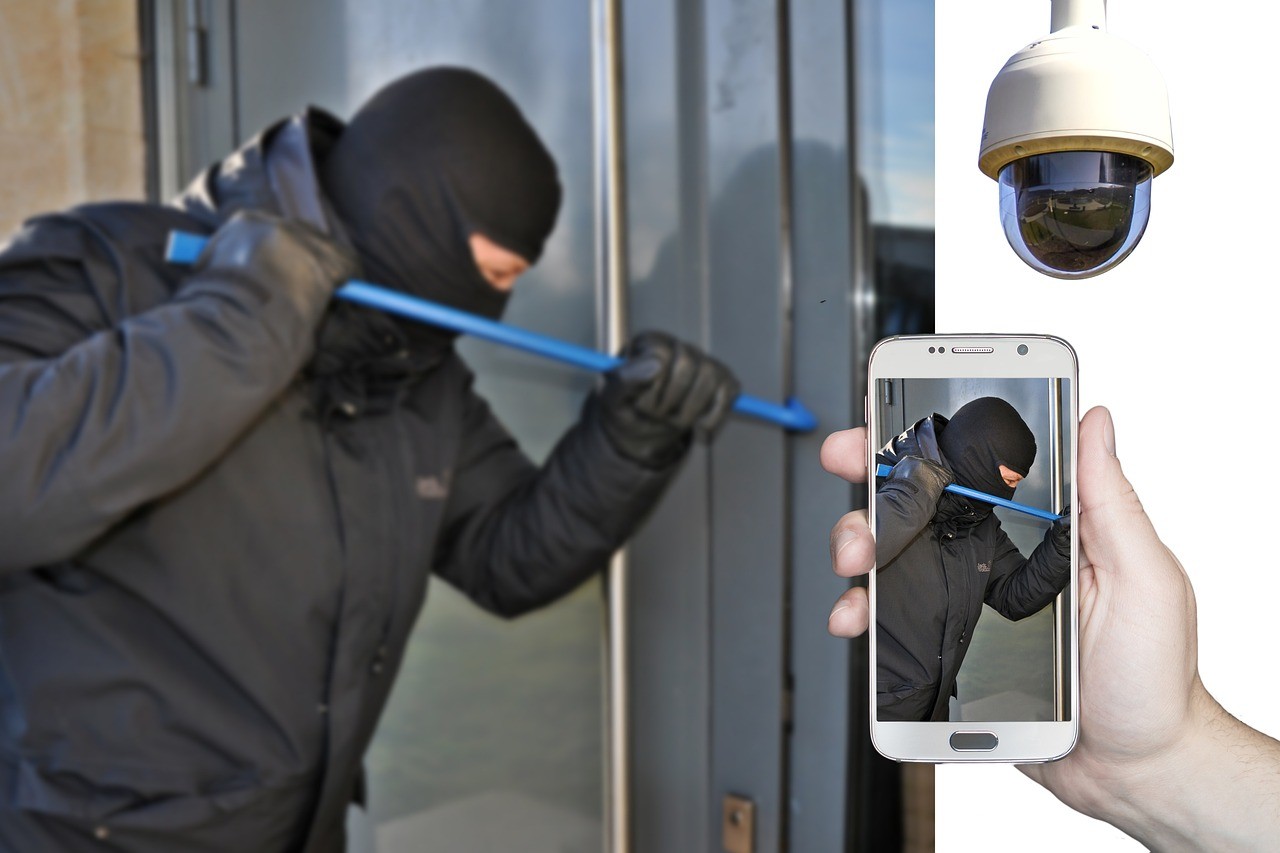Storing Documents Safely and Securely at Home
When was the last time you lost an important document? If not, that’s a great thing. However, are you keeping all of your papers and folders stored in the safest manner possible? Many people use briefcases to do this or even luggage. But there are better ways to ensure your documents remain safe from theft and damage.
Storage for documents at home can vary. What works for you could be different from someone else; there are multiple ways to archive. Read below to learn about the useful ways to keep your paperwork from getting lost or destroyed.
Most Important Documents to Secure
Everyone has them, and it could be anything. From receipts of items you buy throughout the year, to tax last year’s tax forms, there are all kinds of documents and paperwork that deserve proper storage and safekeeping.
Unfortunately, things like your birth certificate are susceptible to easy damage. Even a room with high humidity can potentially cause damage to paper and folders. This is sometimes difficult to catch; many people place it in closets, garages, or anywhere else where the mass is easy to gather when needed, but out of sight.
Don’t assume that these places will keep them from wearing down from the climate in your home. Nevertheless, having a better way to keep things important to you and your family can save you in the long run, and when you least expect it. Below are some of the primary documents that should be securely stored and guarded:
- Passports – If you’re a traveler, you likely understand that a passport is one of the most important items that you carry. But even when you’re at home, it’s not something you would want to lose or get damaged. Passports are made of strong material but contain pages that can wear down easily, especially when left in a humid location.
- Legal Work – Legal work can be anything from a deed on a home to a notary from your local courthouse. Legal documents consist of paperwork that would be very costly or time-consuming if they were destroyed, so definitely prioritize storing such documents in a safe manner.
- Social Security Card – Without a social security card, you simply don’t exist. However, most people have memorized their SSN to the point of not needing to carry it around (if you haven’t you should try and remember it as soon as you can) Because socials are oftentimes used to find out the credit history of employees, loans, and credit applicants, the physical card should always be put away until you need to present it.
- Copy of Vehicle Registration/Proof of Insurance – Always keep the original copy of your vehicle’s registration in your home, if laws in your local area allow it. Make copies of your glove compartment and wallet/purse/pocketbook. The same applies to vehicle registration. That way, you can always make additional copies of the document in case of vehicle accidents, car theft, or loss on your or someone else’s part.
- Immunizations/Medical Records – You should have your medical records stored well. In fact, it’s strongly recommended that you digitize these records by scanning and saving them to an external thumb drive or HDD. But place the hard copies somewhere safe, preferably in front of your other important documents so that you or someone else can reach them easily in the event of a medical emergency. Having your medical records on hand for a doctor or paramedic to examine can help them immensely, as do copies of your immunizations. If you’re on medication, keep the documents that doctors give you for a prescription. Depending on what you take, making a copy to keep on your person might be necessary.
- Rental and Lease Agreements – If you’re a tenant, always save and make copies of your rental lease, even if you no longer live in the same location where the lease was created in. Do the same for short-term lease agreements, which are subject to changes every month. You don’t want to lose these, particularly if issues come up that necessitate you to ensure that the renter is keeping up with their end of the bargain.
- Weapons Permits and Licenses – Depending on the state and the number of weapons you own, you may have been asked to present your permits at various times. This can be demanded by local law enforcement, gun retailers, or even the ATF. Not having the proper permits and licenses to carry weapons can spell out trouble, so keep these documents protected to the same degree as the weapons themselves.
- Important Phone Numbers – Due to the convenience of smartphones, fewer people have to memorize the phone numbers of important people in their lives. If something were to happen to your phone, do you have a physical address book of contact you care the most about? Make one if you don’t, then keep it with all the other items listed.
- Cryptocurrency Addresses/Passwords – Cryptocurrency addresses and passwords should be kept somewhere safe, especially if you’re a trader. If you’re using altcoins separately from Bitcoin, you probably would need to write down long stretches of password keys just to access the wallet. This doesn’t change from passwords to emails and other important accounts. However, if you’re able to memorize most or all of your passwords, refraining from their storage might not be a bad idea.
- Bank Routing and Account Numbers – Banks typically assign their customers to check slips and physical copies of their routing and account numbers. File them so they’re available when the time calls for it.
- Tax Forms – It’s a good thing to never throw away your tax forms, either those sent to you by the IRS or the paperwork filled out prior to the deadline. If you e-file, print out copies when you.
Best Way to Organize Important Documents
There’s no point in storing any documents if they’re unorganized. Finding them will be difficult when you need them. Life throws curve balls at a moment’s notice; you never know when you’re going to need that notoriety or check stub to complete a loan application. With this in mind, file your documents according to the list described above.
Use folders and write on the top to indicate what documents are placed inside each. If the paperwork inside isn’t going to be taken out for a long time, consider getting a laminator to keep the material and ink from fading out over time. Place documents that you access the most in the front and those that you’re not going to need on a regular basis tucked away.
How you organize can also depend on the place you store the documents (more on this in the following section). In some instances, it might be easier for you to keep everything outside of a folder. Whichever way you choose, always prioritize things that you take out of the storage space the most by keeping them in an easy-to-reach spot.
Best Places to Store Important Documents
Here are some of the items and places to keep your documents safe:
- File Cabinet – File cabinets are useful for keeping large amounts of paperwork in a safe place. Some cabinets are built with safeguards, while others aren’t. If you’re sold on a file cabinet, look for one that contains either a cipher lock or a deadbolt that opens with a key.
- Safety Deposit Box – No, not the one at your local bank. You’ve likely seen them before in movies, where some guy or girl reveals a small hidden safe behind a picture frame. While you don’t have to go out of your way to mimic this, a safety deposit box is a good place to keep valued possessions and documents that no one else must have access to. Sizes vary, so be sure to gather up all of the belongings you wish to store inside prior to acquiring one. Look for brands that contain holes on the body or a place for you to bolt it down to a solid surface.
- Gun Safe – This is another great place to store important items since gun safes are usually built with high security in mind. A safe for important documents are advised, somewhere where the sensitive material won’t be easy for someone else to take.
Conclusion
No matter how you store your documents, always remember to keep backups. You can make copies with a scanner and store them on a computer, or make more physical documents with a printer.
How you decide to go about this is up to you. But do consider trying out the methods shown here. Don’t make the mistake of waiting too late to find a place for the paperwork that you’ll need to have readily available at some point in the future. You’ll save yourself a lot of time, effort, and even money by arching your documents with safety in mind!



